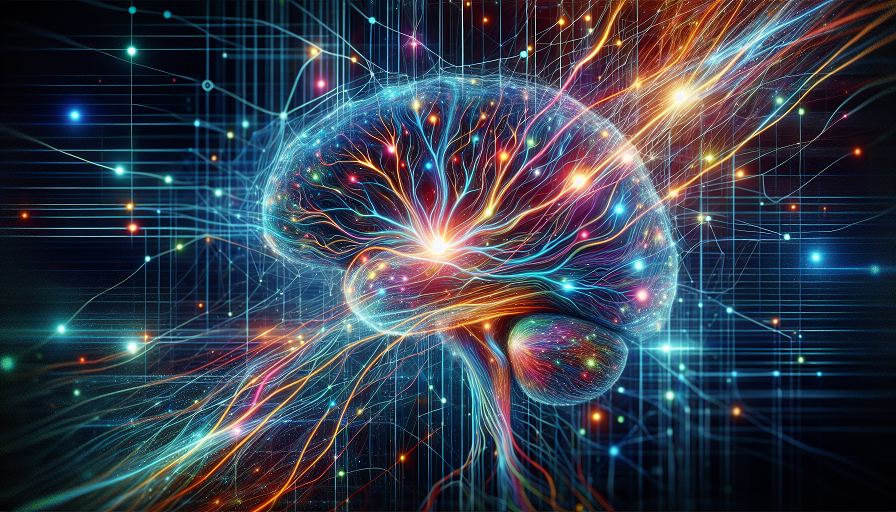
When people think about muscle health, they often focus on protein intake, strength training, and hydration. While these factors are essential, there’s another critical yet often overlooked nutrient that plays a major role in muscle performance and recovery—magnesium.
Magnesium is involved in over 300 enzymatic reactions in the body, many of which directly affect muscle function, including energy production, contraction, relaxation, and electrolyte balance. Whether you’re an athlete, a weekend warrior, or someone dealing with muscle cramps and fatigue, ensuring optimal magnesium levels can make a significant difference in strength, endurance, and recovery.
Contents
Magnesium’s Role in Muscle Function
Every muscle movement—from lifting a weight to walking or even breathing—requires the coordination of minerals like magnesium, calcium, potassium, and sodium. Magnesium plays a central role in multiple aspects of muscle function.
Regulates Muscle Contractions and Relaxation
Magnesium is critical for balancing calcium, which directly controls muscle contractions. Here’s how it works:
- Calcium enters muscle cells, stimulating contraction.
- Magnesium counteracts calcium, allowing muscles to relax.
- Without enough magnesium, calcium overstimulates muscles, leading to cramps, spasms, and tightness.
For athletes and fitness enthusiasts, this balance is essential in preventing muscle fatigue and overuse injuries.
Supports Energy Production (ATP Synthesis)
Magnesium is necessary for the creation of ATP (adenosine triphosphate), the primary energy currency of muscle cells. Without magnesium:
- Muscle cells produce energy less efficiently, leading to fatigue and weakness.
- Exercise endurance decreases due to a lack of quick energy replenishment.
For anyone engaging in high-intensity training or endurance sports, magnesium is a game-changer for sustained energy.
Prevents Muscle Cramping and Spasms
Muscle cramps, twitches, and spasms are common signs of magnesium deficiency. Since magnesium acts as a natural muscle relaxant, it helps:
- Prevent painful cramps during and after exercise.
- Maintain neuromuscular function, reducing spasms and tics.
- Balance electrolytes (sodium, potassium, calcium) to avoid dehydration-related cramping.
For individuals prone to nighttime leg cramps or post-workout stiffness, ensuring adequate magnesium intake can provide significant relief.
Magnesium and Muscle Recovery
Recovery is just as important as training. Magnesium plays a direct role in reducing inflammation, repairing muscle fibers, and replenishing lost energy.
Reduces Post-Workout Soreness (DOMS)
Delayed Onset Muscle Soreness (DOMS) occurs when microtears in muscle fibers trigger inflammation. Magnesium helps by:
- Reducing pro-inflammatory cytokines, speeding up healing.
- Boosting muscle protein synthesis, aiding tissue repair.
- Lowering oxidative stress, minimizing long-term muscle damage.
Studies show that athletes who supplement with magnesium report less soreness and faster muscle recovery compared to those with lower magnesium intake.
Enhances Sleep for Muscle Repair
Muscle repair primarily happens during deep sleep, when growth hormone is released. Magnesium improves sleep by:
- Regulating melatonin production, improving sleep quality.
- Activating GABA receptors, which promote relaxation.
- Reducing stress hormones like cortisol, allowing deeper rest.
For those struggling with poor sleep or insomnia, adding magnesium to your routine can enhance recovery and performance.
Supports Joint and Tendon Health
Magnesium isn’t just for muscles—it also benefits joints, tendons, and ligaments. It:
- Maintains collagen production, strengthening connective tissues.
- Prevents stiffness and inflammation, reducing joint pain.
- Enhances bone density, lowering injury risk.
For those engaged in high-impact sports or weightlifting, magnesium supports long-term musculoskeletal health.
Best Sources of Magnesium for Muscle Health
Magnesium-Rich Foods
Getting enough magnesium from diet is the first step. The best sources include:
- Leafy Greens: Spinach, kale, Swiss chard.
- Nuts & Seeds: Almonds, cashews, pumpkin seeds.
- Legumes: Black beans, chickpeas, lentils.
- Whole Grains: Brown rice, quinoa, oats.
- Fatty Fish: Salmon, mackerel.
- Fruits: Bananas, avocados.
Magnesium Supplements
For athletes or those with higher magnesium needs, supplements provide a convenient and reliable way to maintain optimal levels.
- Best Absorbed Forms: Magnesium glycinate, citrate, or malate.
- Avoid Magnesium Oxide: Poor absorption and may cause digestive issues.
- Timing Matters: Taking magnesium before bed enhances sleep and recovery.
Performance Lab® Magnesium supplement provides a highly bioavailable form, ensuring maximum muscle benefits.
Magnesium for Stronger, Healthier Muscles
Magnesium is a foundational nutrient for muscle performance, endurance, and recovery. Whether you’re an athlete, a fitness enthusiast, or simply someone who wants stronger, cramp-free muscles, ensuring adequate magnesium intake can dramatically improve your strength, energy, and recovery time.
By prioritizing magnesium-rich foods or supplements, you can take your muscle health to the next level—one rep, one sprint, and one recovery session at a time.

